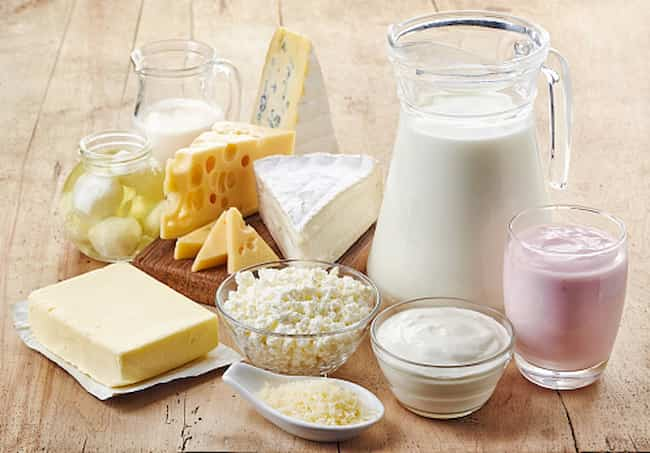What Would Be The Primary Principle Of Wise Diet Planning As Related To Protein Nutrition?
There is no one primary principle of wise diet planning for protein nutrition. Instead, several key factors should be considered when planning a protein-rich diet. Some of the most important considerations include ensuring adequate intake of all essential amino acids, maintaining a balanced calorie intake, and choosing high-quality protein sources.
It is necessary to ensure that enough is consumed each day to support optimal health when it comes to essential amino acids. Many people don’t realize that different proteins contain different levels of essential amino acids.
That means that not all protein sources are created equal. It is crucial to select various high-quality protein sources to ensure that all the essentials are consumed. This can be achieved through a balanced diet, perhaps one that includes a serving of protein at every meal.
It is also essential to ensure that there is no excess of calories consumed daily, so the body doesn’t store them as fat. This can be achieved by balancing out higher-calorie foods with lower-calorie ones or replacing snacks throughout the day with high-protein options instead.
Snacking between meals should include lean proteins, such as tuna in pita bread, turkey on whole wheat crackers, hummus and carrots, part-skim mozzarella cheese slices on whole-grain pieces of bread, tofu spring rolls, and edamame. These are easy to make and delicious when prepared correctly for added convenience.
A healthy diet will always include some high-quality protein sources. Protein is essential for many bodily functions, including tissue growth and repair, producing energy, and preventing muscle loss.
It is also necessary for pregnant women and those trying to conceive, as it helps ensure a healthy pregnancy. Many different high-quality protein sources are available, so it is easy to find one that fits into a healthy diet plan.
Some good options include lean meats, such as chicken or turkey; fish, salmon, or tuna; eggs; low-fat dairy products, such as yogurt or cottage cheese; legumes, black beans or lentils; and nuts and seeds. These are all excellent sources of protein that can be easily incorporated into any diet plan.
When planning a protein-rich diet, it is essential to consider all of the different factors that go into it. There is no one primary principle of wise diet planning for protein nutrition. Instead, several key factors should be considered. Following these tips makes it easy to create a healthy and balanced diet that includes plenty of high-quality protein sources.
Why do we need protein in our diet:
Your body needs protein to grow and repair tissues. Protein is also essential for making enzymes, hormones, and other important chemicals. If you don’t get enough protein in your diet, your body will use its stores to meet its needs. This can eventually lead to muscle wasting, weakness, and other health problems.
Most people in the United States get more than enough protein in their diets. However, athletes, pregnant women, and people trying to gain weight may need more protein. Endurance athletes need about 1.2 grams of protein per kilogram of body weight (0.5 grams per pound), while strength athletes need about 1.7 grams of protein per kilogram (0.8 grams per pound).
Pregnant women need about 1 gram of protein per kilogram (0.4 grams per pound), and people who are trying to gain weight need about 2 grams of protein per kilogram (1 gram per pound).
How much protein do we need:
The amount of protein the body needs every day is measured in grams, just like vitamins, minerals, carbohydrates, and fats. The average adult needs between 45-65 grams of dietary protein each day.
That’s roughly 5-7% of your daily calorie allowance. Athletes may require more while growing children or while recovering from injuries or surgery will need less. It is best not to have huge fluctuations in the amount you eat as this can lead to other health problems such as constipation, so it’s best to eat similar amounts every day.
What are complete proteins:
Proteins (pea, rice, hemp, etc.) are smaller molecules called amino acids. Different amino acids have different roles in the body for growth and repair – some are used to build structural parts of cells, e.g., the cell membrane, others are used to create enzymes that carry out chemical reactions within the cell, etc…
There are nine essential amino acids that humans must get from their diet since the body itself cannot produce them. These nine essential amino acids consist of 3 acid amino which helps provide energy during exercise, i.e., leucine, isoleucine, and valine, plus six other ‘branched-chain’ amino acids, which are crucial for overall good health, e.g., l-lysine, l-threonine, l-methionine, etc…
